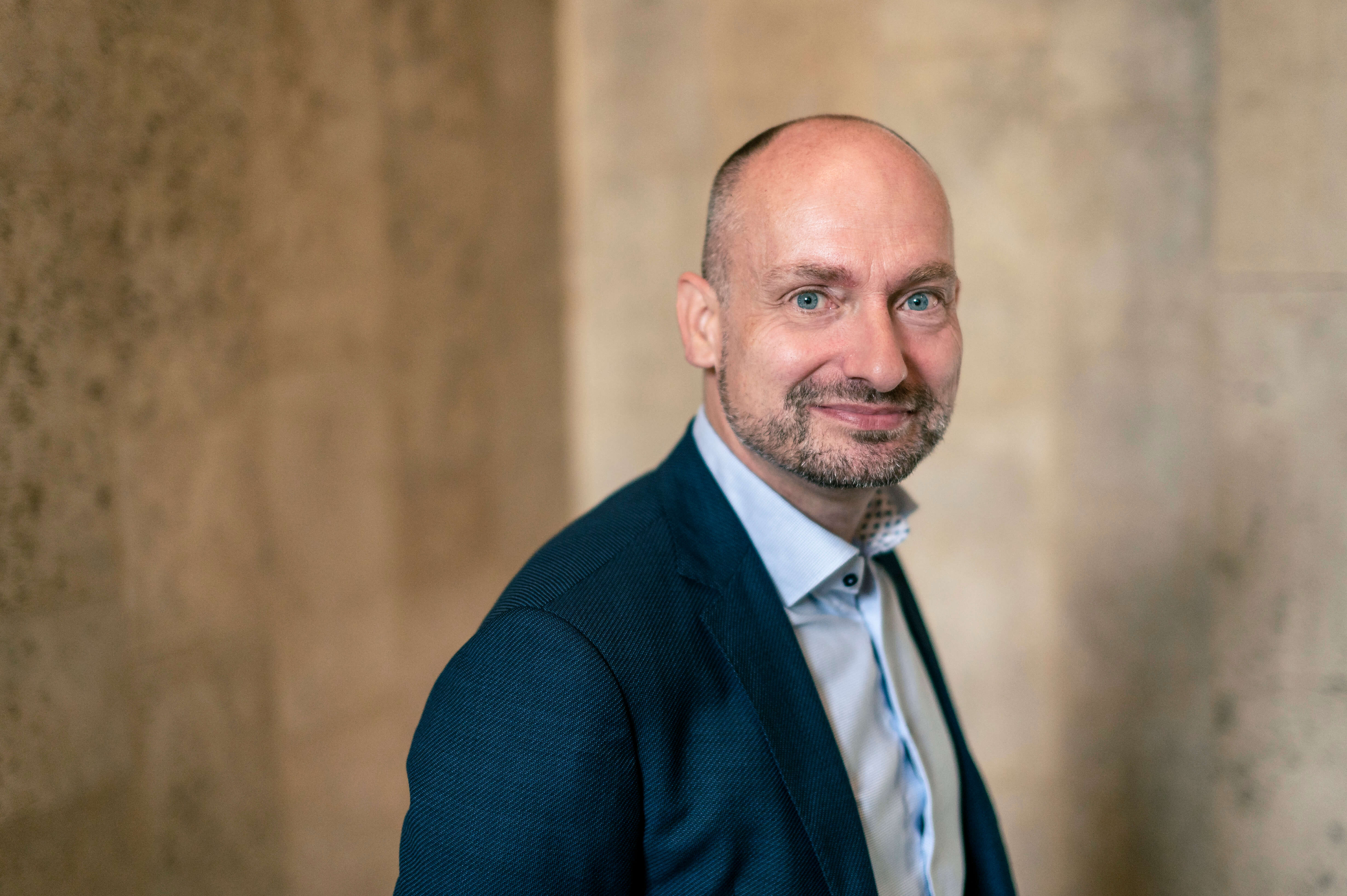With DKK 45 million (€6M) over the next 12 years, the University of Copenhagen has landed a historically large agreement for additional research and educational programming in the insurance and pension field that will benefit consumers.
They protect us from accidents and provide comfort in old age. Insurances and pensions are things that most of us have and are of great importance to our lives. Historically, Scandinavia has been a hub for research in this area. A major new agreement between the University of Copenhagen's Department of Mathematical Sciences and eight Danish insurance and pension companies will sharply increase ambitions in the field.
With a DKK 45 million (€6M) budget, ten researchers, two associate professors and eight doctoral students will be employed at the Department of Mathematical Sciences over the next 12 years to bring new knowledge about insurance and pensions to light. The researchers will also teach actuarial mathematics to graduate students using the latest knowledge in the field and both develop and organise continuing and professional education courses with the participating insurance and pension companies. The initiatives must ultimately benefit consumers and society as a whole.
"The green agenda, machine learning and increased customer involvement in their investments are a few of the developments that are rapidly transforming the insurance and pensions sector. Consequently, there is a need for new knowledge that can benefit the entire chain, from university to consumer. This agreement, which I would say is historically large, makes it possible," says Professor Mogens Steffensen of the Department of Mathematical Sciences, who lead the agreement.
Steffensen's description of the agreement as "historically large" is partly due to the fact that there has never been such an extensive initiative to promote education and research in the more than 100-year-old actuarial mathematics programme.

To the benefit of consumers
Some of the research may focus on how and how much influence we should have on our pension schemes. Because in round numbers, Danes have DKK 4 trillion (€537B) saved up in their pensions. In the past, how these funds were invested has been largely up to pension companies.
However, various societal trends, including the recent green transition, have prompted consumer interest in and influence over their investments. According to Mogens Steffensen, this must be combined with good product design and consultation for it to be advantageous.
"Investors at these companies are typically highly skilled, as it is their job to invest people's money. As such, it is worth discussing and taking a closer look at which decisions should reside with the individual consumer and perhaps developing better guidance tools that explain the risk involved when someone decides how to invest their own pension savings," says Steffensen.
With regards to insurance, Steffensen highlights artificial intelligence and machine learning as areas that are already changing the industry.
"It's hard to avoid Artificial intelligence. Here, one could take a look at how consumers might benefit from companies becoming better at exploiting data. A customer might be able to get a more individualized insurance contract adapted to their needs and at the same time reduce their insurance costs," says Steffensen.
Facts about the project
• Over the next 12 years, ten researchers, two associate professors and eight PhD students will be employed at the Department of Mathematical Sciences, which will provide new knowledge about risk, insurance and pensions.
• The researchers will also teach actuarial mathematics to graduate students with the latest knowledge in the field and both develop and organise continuing and professional education courses with the participating companies.
• Through the agreement, participating insurers and pension companies will contribute towards the identification of themes for researchers and research students to address.
• The companies have no influence on research results from the Department of Mathematical Subjects. Results are owned by the University of Copenhagen and will be published in international peer-reviewed journals.
• The eight insurance and pension companies are: PFA, Danica, Velliv, Industriens Pension, AP Pension, PensionDanmark, Tryg and Codan.
• The Department of Mathematical Sciences at the University of Copenhagen and the eight insurance and pension companies will finance the 12-year agreement equally, with DKK 22.4 million each (€3.2m).
• The InterAct project framework began on 1 January 2022.
An innovative collaboration
The exact nature of the research projects should now be defined in collaboration with the participating companies, as the name of the agreement suggests - InterAct: 'Interaction in Actuarial Science'.
"At the end of the day, it is we as researchers who decide what to research. However, I believe that in general, we have a shared responsibility to steer research in a direction that makes it useful. This requires that we listen to the needs of both companies and consumers. I see this interaction as absolutely necessary," says Mogens Steffensen.
Through the agreement, participating insurers and pension companies will contribute to the identification of themes for the researchers and research students to address. This will lead to more research and the development of coursework in areas where the participating companies have expressed a need.
The 12-year deal, which launched on 1 January 2022, is co-funded by the University of Copenhagen's
Department of Mathematical Sciences and the eight insurance and pension companies, where each half is contributing an equal DKK 22,4 million. The eight insurance and pension companies included in the agreement are: PFA, Danica, Velliv,
Industriens Pension, AP Pension, PensionDanmark, Tryg and Codan.






